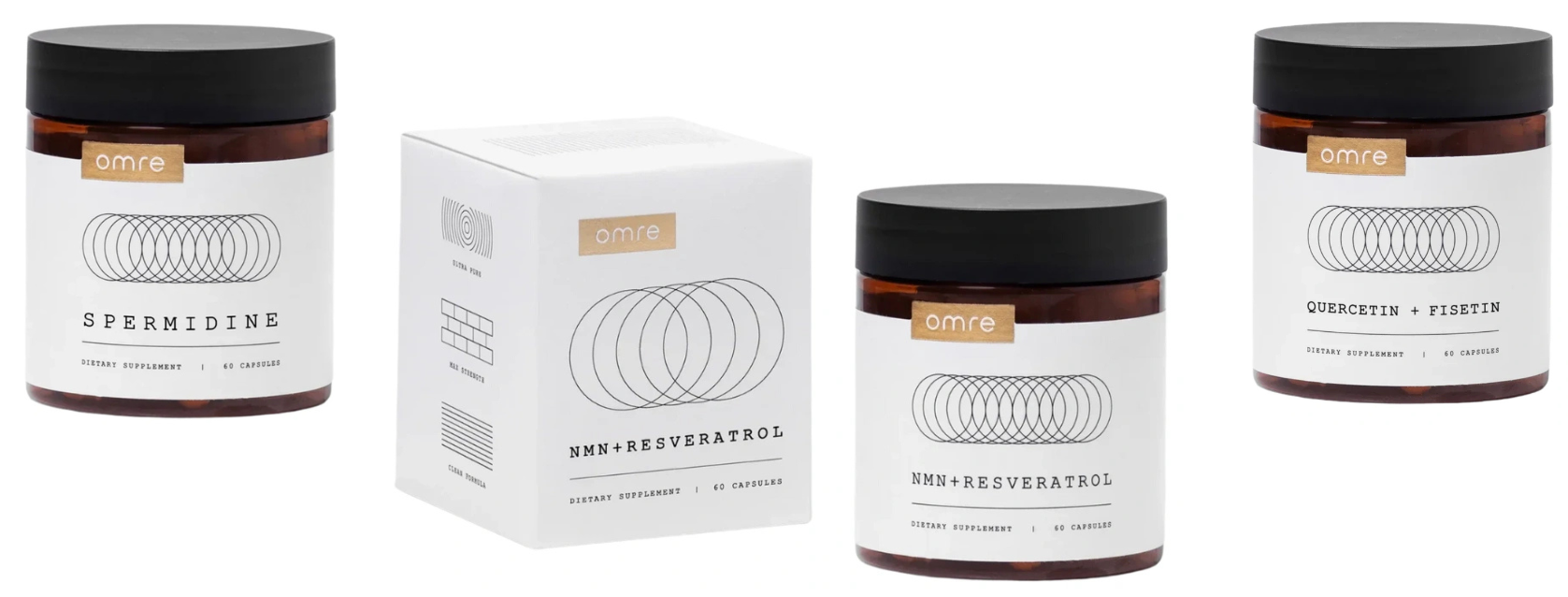Table of Contents
Coffee is one of the most popular drinks on the planet, but the question many ask is simple: Is coffee actually good for you?
Research suggests that moderate coffee intake, especially in the morning, may support long-term health thanks to its antioxidants and bioactive compounds.
The key is how much you drink, and when.
Key Summary:
-
Moderate coffee drinking (1 to 2 cups daily) is linked to better heart, brain, and metabolic health.
-
Coffee is a rich source of antioxidants that help protect cells from damage.
-
Studies suggest coffee drinkers may live longer and face a lower risk of chronic disease.
- Timing is important. Morning or early afternoon is best to avoid sleep disruption.
Coffee and Health: What Science Really Says
-v1759637103543.webp) Coffee is more than a quick energy fix. Studies show it is one of the largest sources of antioxidants in the modern diet. These compounds help reduce oxidative stress, which is linked to aging and chronic disease.
Coffee is more than a quick energy fix. Studies show it is one of the largest sources of antioxidants in the modern diet. These compounds help reduce oxidative stress, which is linked to aging and chronic disease.
A review from the Harvard T.H. Chan School of Public Health notes that regular, moderate coffee drinkers have a lower risk of several serious conditions, including type 2 diabetes and cardiovascular disease (1).
Scientists believe the protective effects come from polyphenols, chlorogenic acids, and other plant-based compounds found in coffee.
What’s important to remember is that coffee’s benefits come with balance. Too much caffeine may raise heart rate, disturb sleep, and trigger anxiety in some people.
The science points to a sweet spot of one to two cups a day for most adults.
Key Health Benefits of Coffee
-v1759637585450.webp) Coffee may improve heart health, support metabolism, and even lower the risk of chronic disease. Research consistently shows that moderate consumption (around two cups per day) is linked to measurable health benefits.
Coffee may improve heart health, support metabolism, and even lower the risk of chronic disease. Research consistently shows that moderate consumption (around two cups per day) is linked to measurable health benefits.
Disclaimer: Coffee affects people differently, and these benefits may not apply to everyone. Always check with a healthcare professional if you have health concerns or conditions affected by caffeine.
Here’s how coffee helps:
Coffee Supports Cardiovascular Health
Several large cohort studies show that coffee drinkers have a reduced risk of heart disease and stroke.
A 2021 analysis found that those who drank 2–3 cups daily had a 12% lower risk of cardiovascular disease compared with non-drinkers (2).
Researchers point to coffee’s anti-inflammatory properties as one reason.
Coffee May Lower Risk of Type 2 Diabetes
According to a study, people who drink 3–4 cups of coffee daily are at a 25% lower risk of developing type 2 diabetes (3).
Both caffeinated and decaf provide benefits, suggesting that compounds other than caffeine play a major role.
Coffee Protects Brain Health
Neuroprotective effects are another area of interest. A Journal of Alzheimer’s Disease study found that coffee drinkers had a lower risk of Alzheimer’s and Parkinson’s disease (4).
Caffeine may help block brain inflammation and improve signaling between neurons.
Coffee Supports Liver Function
Research also links coffee consumption to a healthier liver. Drinking two or more cups daily may lower the risk of cirrhosis and liver cancer.
The British Liver Trust calls coffee “good for the liver” because it appears to slow disease progression in people with chronic liver conditions.
Does Coffee Really Help You Live Longer? What the Research Shows
One of the strongest arguments for morning coffee comes from long-term studies on mortality. In a U.S. study of nearly 41,000 adults, moderate coffee drinkers were (5):
16% less likely to die from any cause compared with non-drinkers.
31% less likely to die of cardiovascular disease.
These findings suggest that coffee’s benefits extend beyond short-term energy, potentially contributing to longer life expectancy.
The lowest risk was typically seen in people who drank 3–4 cups per day.
How Much Coffee Is Healthy?
-v1759637525687.webp) Most research suggests that drinking 1 to 2 cups of coffee per day is safe for most adults and may even provide health benefits. Going beyond that amount can start to tip the balance toward unwanted side effects.
Most research suggests that drinking 1 to 2 cups of coffee per day is safe for most adults and may even provide health benefits. Going beyond that amount can start to tip the balance toward unwanted side effects.
The sweet spot lies in moderation. Studies often show the strongest health benefits in people who drink around 2 cups daily. This level provides plenty of antioxidants and polyphenols without flooding the body with excessive caffeine.
However, tolerance varies widely. Some people can drink 3–4 cups with no problem, while others may feel jittery after just one.
If you notice sleep disruption, an irregular heartbeat, or anxiety after drinking coffee, that is your body signaling you may be overdoing it.
Paying attention to how you feel after your morning cup is as important as sticking to any number recommended by experts.
Risks of Overconsumption
Drinking too much coffee can undo many of its benefits. Common issues include:
Increased heart rate or palpitations
Elevated blood pressure
Digestive upset, such as acid reflux or stomach irritation
Heightened anxiety or restlessness
Poor sleep quality or insomnia
Reduced absorption of key nutrients like calcium and iron
When to Drink Coffee for Maximum Benefit
The best time to drink coffee is in the morning or early afternoon, when it can provide alertness without interfering with sleep. Research shows that caffeine lingers in the body for several hours, so late-day coffee often causes more harm than good.
Caffeine has a half-life of about six hours, meaning half of what you drink is still active in your system half a day later.
Studies show that drinking coffee even six hours before bedtime can cut total sleep time by more than an hour (6). Poor sleep not only leaves you groggy but may also cancel out many of coffee’s health perks.
For most people, the ideal window is mid-morning to early afternoon.
This timing avoids the natural cortisol spike right after waking and prevents sleep disruption at night. If you want the best of both worlds, energy and rest, avoid caffeine after 2 p.m.
Practical Tips for a Healthier Coffee Habit
A few simple changes can help you enjoy coffee’s benefits while minimizing its downsides:
Stick to moderation: Aim for 1–2 cups daily.
Time it right: Drink before early afternoon to protect sleep.
Skip heavy add-ins: Limit sugar and cream to avoid empty calories.
Choose quality beans: Organic or single-origin beans often have fewer contaminants and a richer flavor.
Stay hydrated: Balance coffee with water throughout the day.
Listen to your body: If you notice jitters, anxiety, or sleep problems, scale back.
Final Words
Coffee can be both a pleasure and a health ally when consumed wisely. Science shows that one to two cups per day may lower your risk of chronic disease and even support longevity. But balance is everything. Drinking too much or too late in the day can quickly erase those benefits.
If you’re reading this, you’re probably looking for ways to not just enjoy your coffee but to feel healthier and live longer. That’s where Omre comes in.
Our longevity solutions are designed to complement daily habits like coffee drinking by supporting energy, cellular health, and resilience as you age. Take the next step toward healthier aging by exploring Omre today and discover how small, daily choices can add up to a longer, stronger life.
Take the next step toward healthier aging by exploring Omre today and discover how small, daily choices can add up to a longer, stronger life.
FAQs
Is coffee good or bad for you?
Coffee is generally good for you when consumed in moderation. Research shows it provides antioxidants and may reduce the risk of chronic diseases, but too much can cause sleep issues, anxiety, or digestive problems.
How many cups of coffee per day is safe?
Most studies suggest that 1–2 cups per day is safe and beneficial for adults. Some people tolerate up to 3–4 cups, but sensitivity to caffeine varies by individual.
Can coffee help you live longer?
Yes, several large studies link moderate coffee consumption with lower all-cause mortality. Drinking coffee has been associated with reduced risk of heart disease, diabetes, and certain cancers.
Does decaf coffee have the same benefits?
Decaf still contains many antioxidants and polyphenols, so it offers similar benefits. However, the protective effects may be slightly weaker compared to regular coffee.
Who should limit or avoid coffee?
Pregnant women, people with heart conditions, uncontrolled high blood pressure, or severe anxiety should limit coffee. Anyone experiencing negative side effects from caffeine should reduce or avoid it.



